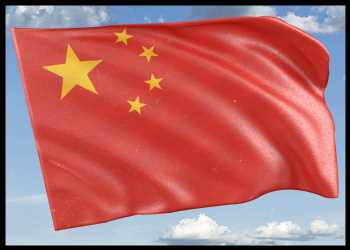China’s manufacturing activity rebounded in August on fresh increases in output and new orders, data from S&P Global showed on Friday.
The Caixin manufacturing Purchasing Managers’ Index rose to 51.0 in August from 49.2 in July. A reading above 50.0 indicates expansion in the sector. Although the growth was mild, the pace was the best seen since February.
Driven by higher client spending, new order intakes increased in August. Meanwhile, export orders declined again.
Companies ramped up production in response to rising demand. Output growth was among the best seen over the past year.
Firms increased their purchasing activity to meet rising demand. However, caution around stock building led to a marginal fall in inventories of inputs.
There was a fresh rise in manufacturing employment in August. The rate of job creation was the fastest since March 2010. Despite rising payroll numbers, backlogs of work rose marginally, the survey showed.
Supplier performance improved slightly in August following a deterioration in July.
Due to higher cost of raw materials, operating expenses escalated in August. The latest data marked the first upturn in input costs since February. However, competition for new business and client requests for discounts meant that average selling prices fell slightly.
The twelve-month outlook for output remained positive in August. Stronger global economic conditions and new product launches are forecast to support higher production over the months ahead.
Nonetheless, the degree of positive sentiment fell to an 11-month low in August.
Economic indicators including those for consumption, investment and industrial production came in weaker than market expectations at the start of the third quarter, Wang Zhe, a senior economist at Caixin Insight Group said.
The National Bureau of Statistics cited the impact of normal seasonal fluctuations, high temperature and severe flooding, and complicated global political and economic situations and insufficient domestic demand as reasons for the general weakness in the economy, Wang noted.
“Looking ahead, seasonal impacts will gradually subside, but the problem of insufficient internal demand and weak expectations may form a vicious cycle for a longer period of time,” said Wang.
Source: Read Full Article
-
Alec Baldwin Thanks His Wife & His Lawyer After ‘Rust’ Charges Are Dropped
-
Draft merger rules: Mega global deals likely to come within CCI ambit
-
Automobile retail sales up 14% in March; post 21% YoY growth in FY23
-
India keen to expand footprint in oil-rich Siberia
-
North Carolina To Launch Medicaid Expansion In December

